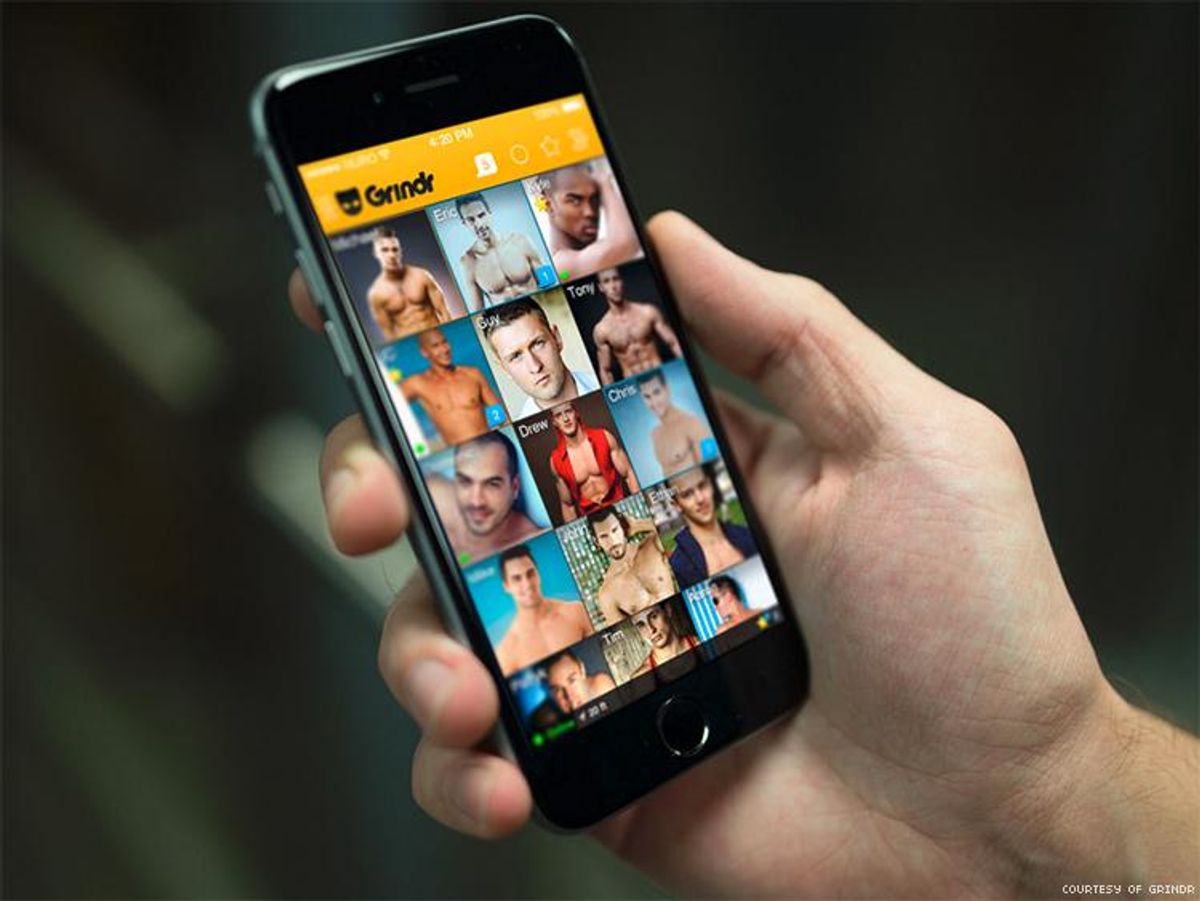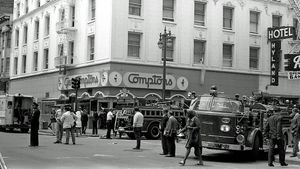The rate of new HIV infections among the black and Latino MSM community is a cause for concern. Getting tested for HIV in these communities can be difficult, as stigma and accessability hamper efforts to test for HIV. A team of researchers at the David Geffen School of Medicine at University of California Los Angeles as well as Indiana University sought to raise awareness of easy to access at-home HIV testing kits as a method of testing for HIV.
Dr. Jeffrey Klausner, professor of medicine, in conjunction with researchers both at UCLA and Indiana University launched a study to test the effectiveness of using banner advertisements in promoting the use of at-home HIV testing kits.
"We wanted to increase testing by making it easier, bringing it to where men are. Most sexually active young MSM use social network apps like Grindr to find new partners."
Recipients received a kit in the mail, a voucher that could be redeemed for a kit at a pharmacy, or a code that would produce a kit from a vending machine in the parking lot of the Los Angeles Gay and Lesbian Center. The kit is the commercially available Orasure Oraquick in-home HIV test kit.
According to The New York Times, the study was "confined to Los Angeles, and fewer than 400 test kits were distributed, but the idea has broader potential. Grindr is used by at least five million men in 192 countries, according to its developer. In the United States, young gay black and Hispanic men are the groups most likely to be infected with H.I.V. and the least likely to be tested for it, because they often lack health insurance and fear being rejected by their families."
The study concluded that despite the low distribution of kits, Grindr is an feasable option for reaching men who have yet to get tested, and that the users reported a relative ease when it came to using the tests. The research team is optimistic that future use of apps to distribute HIV testing kits is a good option to try and reach "high-risk" populations.
The original study was published in CISRO Publishing's Sexual Health journal and can be read online through the journal's website for $25 dollars. The abstract and conclusion can be read there for free, as well as through a press release courtesy of UCLA here.













































































